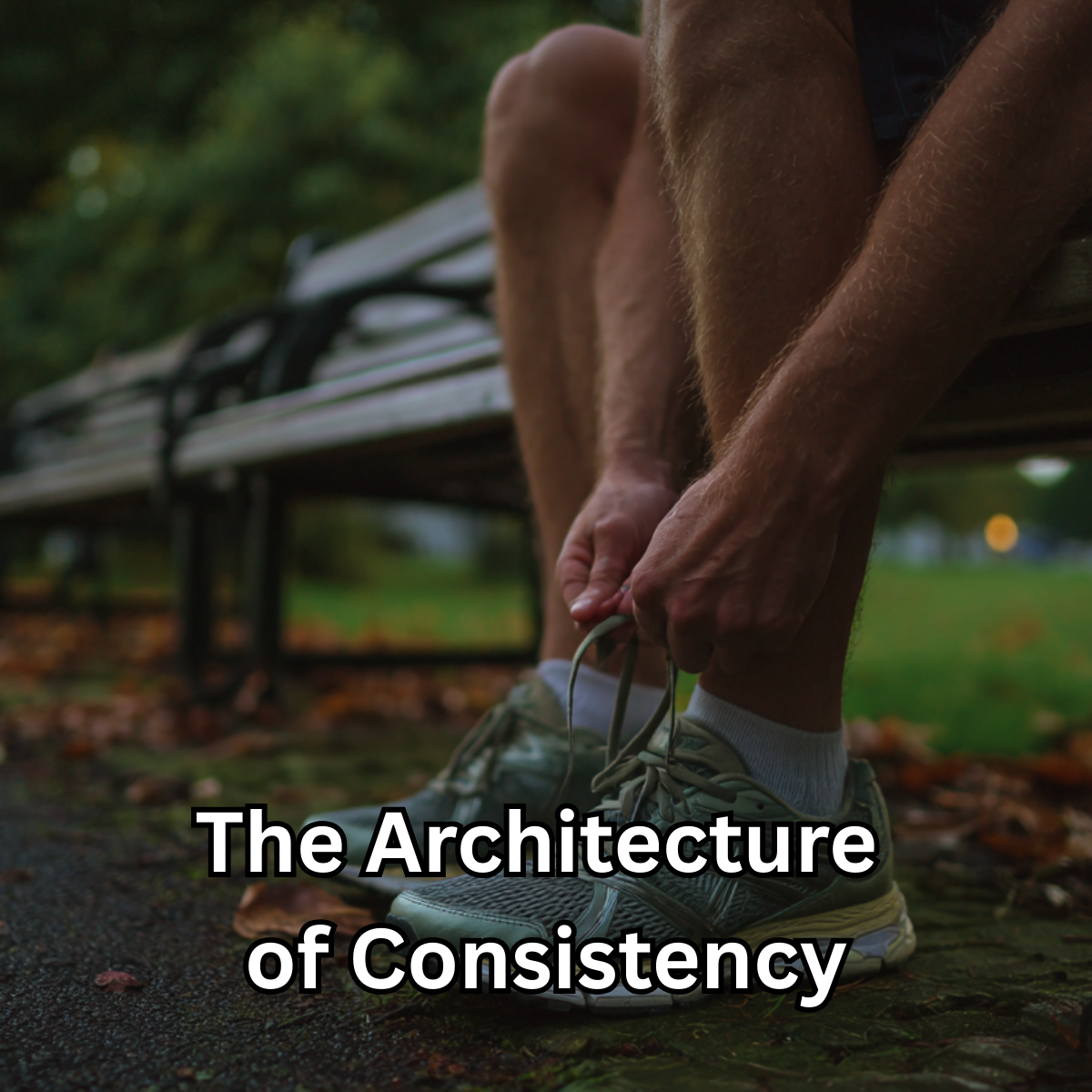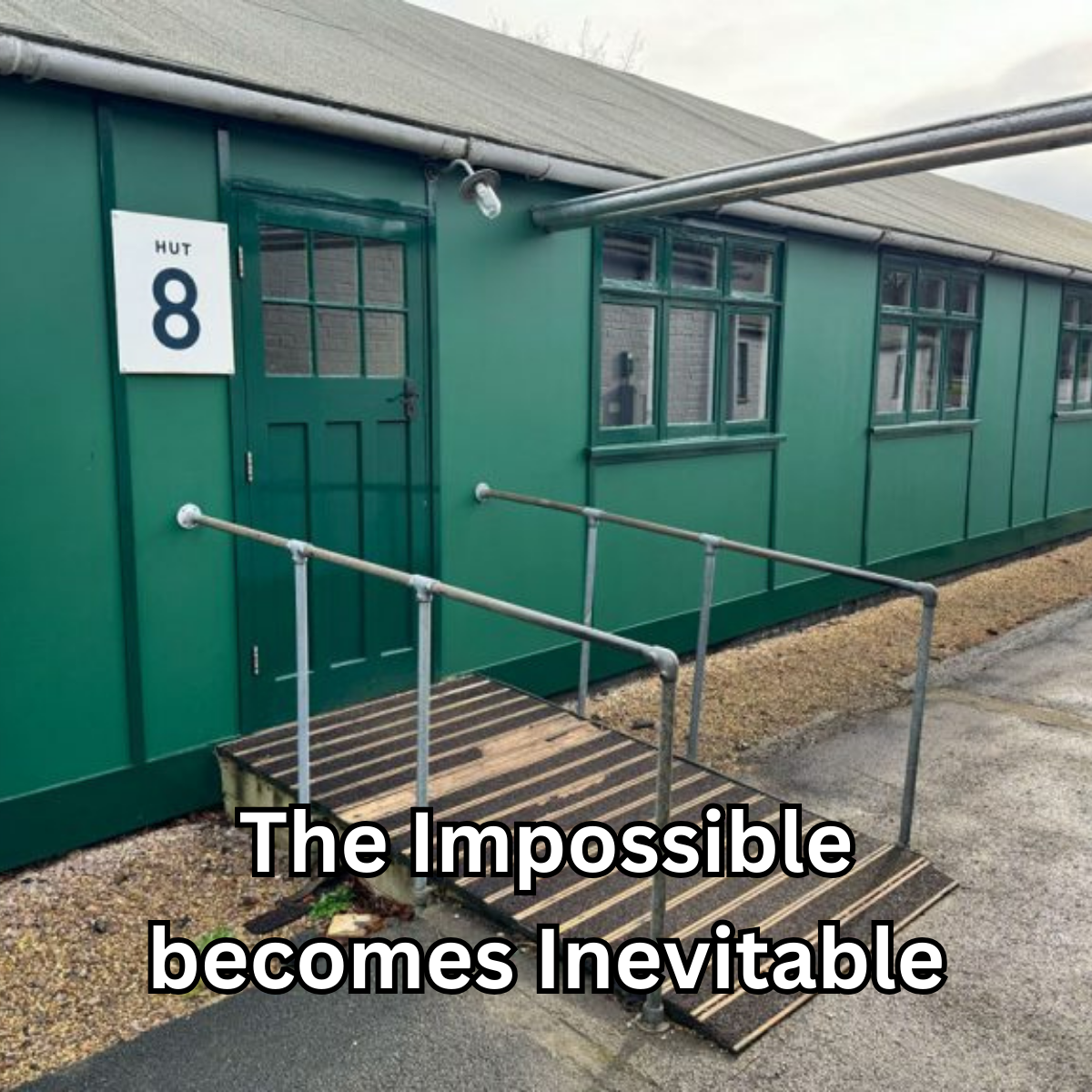Trust is a major factor in our lives. We underestimate its role in our relationships, business transactions, and negotiations. Trust is an intangible emotion that is really hard to quantify or measure. Yet, it might be the single most important consideration when it comes to success in life. Putting our own ego aside, we have to recognize that interaction and relationships between other people will be the determining factor in our success.
There are many definitions of trust. You cannot easily come up with a clear and precise description of what trust actually is. If you ask most people, they will refer to one of the following characteristics of someone they trust.
- Reliability – People tend to indicate that they trust someone when they have proven to be reliable. When your actions are predictable, then you increase the likelihood that someone will indicate that they trust you.
- Integrity – The concept of honesty and high ethical standards usually come into play when people talk about trust. Someone who is known to be truthful and a person who keeps their promises is usually someone that people will indicate a high amount of trust.
- Competence – People will never trust someone who they feel cannot do the job. Honesty aside, if you are just not able to perform as expected, people will not trust you. You could be the nicest retirement planner in the world, but if someone feels you are incompetent with basic finances there is no way they are trusting you with their retirement portfolio.
- Vulnerability – People also tend to have a soft spot for people who are more vulnerable. A person who is honest about their weaknesses and shortcomings will most likely win trust over a person who admits no weakness and is braggadocious.
- Consistency – A cousin to reliability is also the person who delivers consistent results. If you are traveling in a foreign place and want an American Hamburger, you are going to McDonald’s – for no other reason than you trust it to be consistent. Not good, but sometimes consistency is better then potential.
All of these are good points, and all have something to do with trust. If you exhibit these qualities in a relationship, the person will most likely trust you at some point. When trust occurs in a relationship the most important benefit that occurs is speed. This may not make sense at first, but consider this. Imagine that someone you trusted wanted to borrow 1,000 dollars. Compare that to someone you did not trust at all asking to borrow 1,000 dollars. Who are you going to give the money to faster?
Speed in relationships is what building trust gives you. People are more willing to work with you, do business with you, and join you. The less explanation you will have to do, you will not be required to do as much qualification either. Trust is speed.
Since trust is so valuable and makes decisions go that much faster, it would be nice to consider a simple equation for building trust. How do you work on trust in a positive way so that people in a relationship with you will start moving toward a fast relationship that requires less perfunctory consideration when trying to get things done?
I read a book once by Stephen Covey (the famous Stephen Covey’s son), and in that book, he offered a simple equation for building trust. This is what I want to introduce as principle #9 in my 10 principle series.
Principle #9 – Building Trust is an equation of Intent + Expertise.
This equation reduces all the other concepts that build trust into two simple ideas that really focus on what you can immediately impact when working with other people. Expertise is rather obvious. As I stated before, people are not going to trust you unless you can demonstrate some expertise in a particular subject matter that the person needs to trust you with. This is important, and it must exist; I think we all know this instinctively. We all want to prove ourselves and our credibility because we know how we all examine the trustworthiness of another person. We will only consider trusting someone whom we believe has expertise. However, out of the two components, expertise is the smaller addend.
Intent means everything. The second you get the idea that someone has the wrong intent, all trust goes out the window. You will never trust someone that you feel has the wrong intent. This is the area that you focus on the most when considering if you should trust another. Expertise you will examine. You will think about reliability and consistency as well; however, most of your discovery work will always be to determine what the person’s intent is.
Intent is the single greatest factor in building a trusting relationship. If you want someone to trust you, you had better make sure that you have the correct intent. If you do not, most humans will find out. Intent is really difficult to hide, try as we might. This equation of understanding my level of expertise, but more importantly, considering what my real intent is, has helped me build and evaluate relationships in life and in business.




